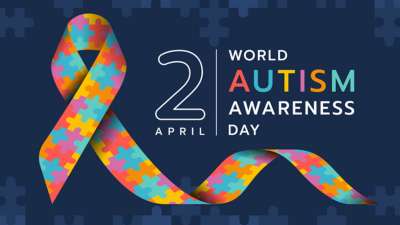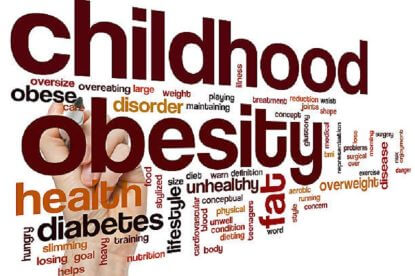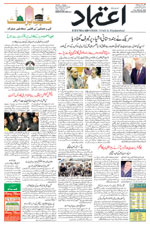Early intervention is key for autism treatment on World Autism Awareness Day 2024
Wed 03 Apr 2024, 02:04:31

Every year on April 2, people throughout the world commemorate World Autism Awareness Day to de-stigmatize the condition and provide support to those who are affected by it. Autism, often known as autism spectrum disorder (ASD), is a neurodevelopmental disorder that is typified by variations in a child's brain development.
Recently, Dr Vipul Gupta - chief of Neurointervention and co-chief of the stroke unit, at Artemis Hospital, Gurugram, said, “Early intervention is crucial to significantly influence the developmental trajectory and general well-being of people with ASD. Early detection and diagnosis can pave the way for families to obtain vital resources and support services, starting them on their journey to recognising and addressing their child's special needs."
While no single cause has been identified for ASD, research points to a combination of genetic, environmental, and developmental factors that may contribute to its onset.
Dr Aabha Bhalerao, Consultant Gynaecologist, Ruby Hall Clinic, Pune, told IANS that advanced parental age, prenatal exposure to certain medications like valproic acid, exposure to environmental toxins such as heavy metals and pesticides, nutritional factors like inadequate folic acid intake, maternal health conditions like diabetes and obesity, premature birth, and
birth complications, are all major factors for the development of autism.
birth complications, are all major factors for the development of autism.
In addition, maternal health conditions such as gestational diabetes or hypertension can impact the risk of autism in children. Complications during childbirth, such as prematurity or birth injury, oxygen deprivation, or foetal distress, can also contribute to the risk.
“It's important to note that having one or more of these risk factors does not guarantee that a child will be diagnosed with autism. Likewise, many children who develop autism may not have been exposed to these factors. Autism spectrum disorder is likely the result of a complex interplay of genetic predisposition and environmental influences,” Dr Aabha said.
People with ASD may experience challenges in social interactions and may struggle with interpreting and utilising both verbal and nonverbal communication cues. The treatment majorly includes speech therapy, social skills training, and applied behaviour analysis (ABA).
“Through utilising the neuroplasticity of the brain in the beginning stages, early intervention helps develop skills, reduces difficulties, and ensures long-term success,” Dr Vipul said, noting that it can enable patients to “navigate everyday life and promote their independence, inclusion, and fulfilment.”
No Comments For This Post, Be first to write a Comment.
Most viewed from Health
AIMIM News
Latest Urdu News
Most Viewed
May 26, 2020
Is it right to exclude Bangladesh from the T20 World Cup?
Latest Videos View All
Like Us
Home
About Us
Advertise With Us
All Polls
Epaper Archives
Privacy Policy
Contact Us
Download Etemaad App
© 2026 Etemaad Daily News, All Rights Reserved.

























.jpg)
.jpg)
.jpg)


